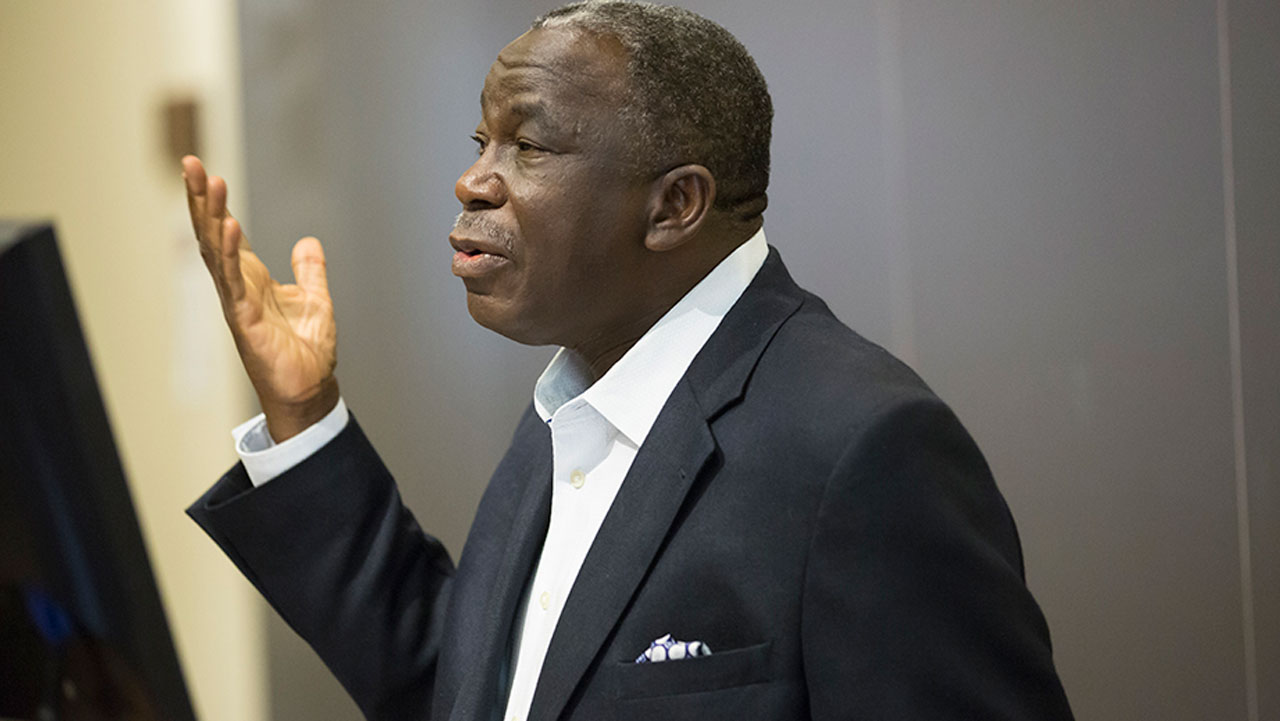Some civil servants in the federal capital territory (FCT) have commended the federal government over the payment of the 40 percent “peculiar allowance”.
TheCable understands that the payment was included in the workers’ April salary.
Chris Ngige, minister of labour and employment, had said the federal government approved a pay rise for civil servants in the country.
He said the pay rise was included in the 2023 budget, and “would take effect from January 1, 2023”.
Advertisement
The minister described the salary increase as a “peculiar allowance” for civil servants in view of the current economic realities.
Ngige said the move was meant to cushion the effects of the rising inflation and cost of living, hikes in transportation fare, housing, and electricity tariffs, on government workers.
Speaking with NAN on Sunday, some civil servants confirmed receiving the payment, and lauded the federal government for the gesture.
Advertisement
They also described the payment as “timely”.
An excited Agnes Iguben, a civil servant, said she was surprised to see an increase when she received her salary for April.
She said the money would go a long way in meeting her family’s needs throughout the month.
“I want to commend President Muhammadu Buhari, though I do not know what the increase is about, but the government did well for us,” Igueben said.
Advertisement
“Some people said it is a 40 percent increase to cushion the effect of the fuel subsidy that will be removed in June.
”Whatever it is, I pray it will continue so that my family can live an improved life.”
Another civil servant, who identified as Abubakar Idowu, said the development was commendable and well appreciated.
Idowu said although he was yet to receive the credit alert of his salary, he was convinced of the veracity of the development.
Advertisement
“God bless PMB. I know even his enemies will pray for him secretly for this; Everywhere is stew, everywhere correct. PMB is a goal,” he said.
“This is meant to help government workers to cushion the effects of rising inflation, the rising cost of living, hikes in transportation fare, housing, electricity and the likely removal of fuel subsidy.
Advertisement
On her part, Ngozi Ebe, a civil servant, advised fellow workers to spend wisely as the money was meant to cushion the effect of the proposed subsidy removal.
“In case you received arrears of payments, please do not spend it all in case the fuel subsidy is removed from June,” she said.
Advertisement
Add a comment






